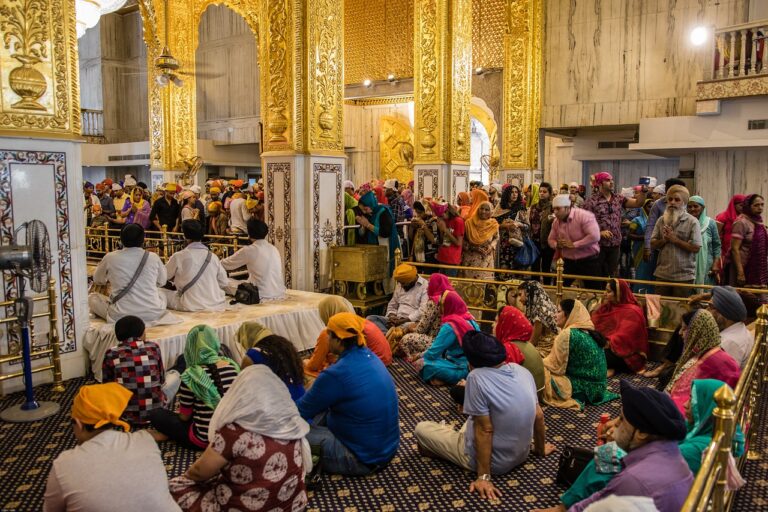Media Training for Addressing Aging Policy: Allexchbet, 99exch, All panel.com
allexchbet, 99exch, all panel.com: Political collaboration is an essential aspect of the democratic process that allows different parties to come together to work towards a common goal. In today’s fast-paced digital world, media plays a crucial role in shaping public perception and influencing political discourse. As such, it is more important than ever for politicians to undergo media training to effectively navigate the media landscape and ensure successful collaboration with other political stakeholders.
What is Media Training?
Media training is a form of professional development that equips individuals with the skills and knowledge needed to effectively communicate with the media. This training typically covers a wide range of topics, including how to craft key messages, deliver them in a clear and concise manner, and handle tough questions from journalists. Media training also teaches individuals how to leverage different media platforms, such as TV, radio, and social media, to get their message across to a wider audience.
The Importance of Media Training for Political Collaboration
1. Building Trust
Effective communication is key to building trust with the public and other political stakeholders. Media training helps politicians hone their communication skills and deliver their message in a way that resonates with their audience. By being able to articulate their ideas clearly and confidently, politicians can build trust and credibility, making it easier to collaborate with others towards common goals.
2. Managing Public Perception
In today’s media-saturated world, public perception can make or break a politician’s career. Media training allows politicians to control their narrative and shape how they are perceived by the public. By learning how to effectively communicate their message and handle media scrutiny, politicians can ensure that their reputation remains intact, even in the face of negative press.
3. Enhancing Collaboration
Effective collaboration with other political stakeholders is crucial for achieving legislative goals and advancing the common good. Media training equips politicians with the skills needed to communicate and negotiate with other parties in a clear and persuasive manner. By mastering the art of media communication, politicians can build relationships, find common ground, and work together towards meaningful change.
4. Crisis Management
In politics, crises are bound to happen, whether it’s a scandal, a controversy, or a policy failure. Media training prepares politicians to handle these crises effectively by teaching them how to stay calm under pressure, respond to tough questions from journalists, and navigate negative media coverage. By being able to communicate effectively during times of crisis, politicians can mitigate damage to their reputation and maintain public trust.
5. Leveraging Social Media
Social media has become a powerful tool for politicians to connect with their constituents and shape political discourse. Media training helps politicians leverage social media platforms effectively by teaching them how to craft engaging content, engage with followers, and respond to critics. By mastering social media communication, politicians can reach a wider audience and rally support for their initiatives.
6. Adapting to New Media Trends
The media landscape is constantly evolving, with new trends and technologies shaping how information is disseminated and consumed. Media training helps politicians stay ahead of these trends by teaching them how to adapt their communication strategies to new media platforms and formats. By staying informed and flexible, politicians can effectively navigate the ever-changing media landscape and ensure their message reaches its intended audience.
FAQs
Q: How often should politicians undergo media training?
A: Media training is not a one-time event but an ongoing process. Politicians should undergo media training regularly to stay sharp and up-to-date on the latest communication techniques and trends.
Q: Can media training help politicians improve their public speaking skills?
A: Yes, media training can help politicians improve their public speaking skills by teaching them how to deliver their message in a clear, concise, and engaging manner.
Q: Is media training only for high-profile politicians?
A: No, media training is beneficial for politicians at all levels, from local officials to national leaders. Effective communication skills are essential for success in politics, regardless of one’s position.
In conclusion, media training is a crucial tool for politicians looking to enhance their communication skills, build trust with the public, and effectively collaborate with other political stakeholders. By mastering the art of media communication, politicians can navigate the complex media landscape, shape public perception, and work towards achieving their legislative goals.







